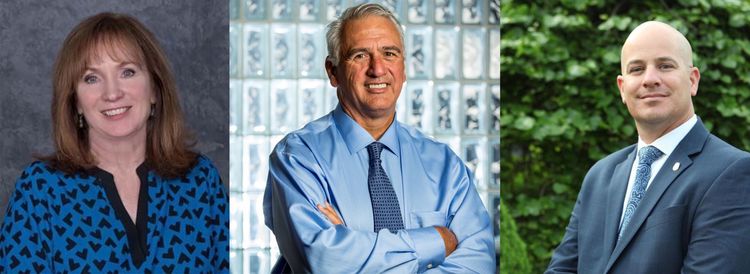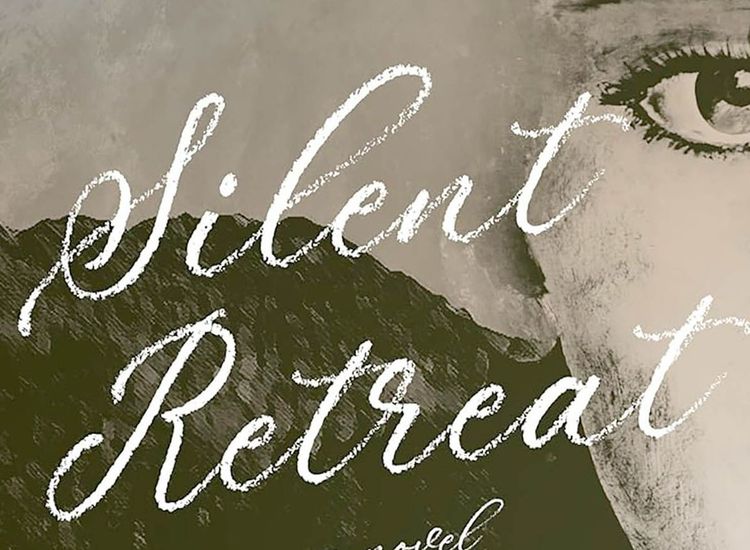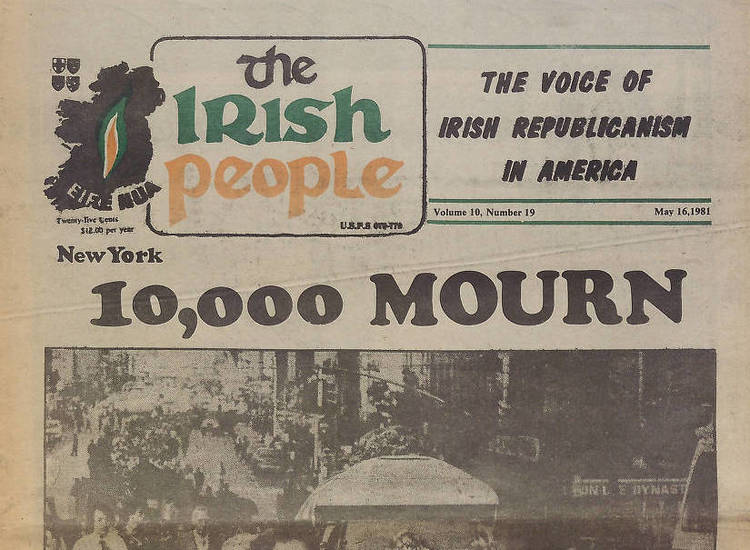Michael Connelly. PHOTO BY MARK DELONG
Book Review / By Peter McDermott
“It’s been called a bunch of suburbs in search of a city and it’s been called the glamour capital of the world,” said the narrator about Los Angeles in the introduction to the 1948 noir thriller “He Walked By Night.”
A police procedural, it followed the semi-documentary style of “The Naked City,” a New York-shot film that had been released earlier in the year. Perhaps tellingly, the lead actor in “He Walked By Night,” Richard Basehart, played the bad guy – the cold-blooded killer of an LAPD cop.
In contrast, Barry Fitzgerald, as NYPD Det. Lt. Dan Muldoon, was the star of the New York movie, which famously referred to the city’s eight million stories.
In the L.A. movie, the narrator talked of the city “holding the hopes and dreams of over two million people.”
He continued: “It sprawls out horizontally over 452 square miles of valleys and upland, of foothills and beaches.
“Because of that vast area and because of a population made up of people from every state in the union, L.A. is the largest police beat in the country and one of the toughest.”
It has also been, in the 67 years since, the most popular setting for crime on the page, in film and on TV.
Few have used Los Angeles’ geography and its past and present as effectively as novelist Michael Connelly. The Philadelphia-born Connelly has managed in the process to be true to both the spirit of Raymond Chandler, his literary hero, and those post-war noir procedurals that aimed for authenticity.
You can get the full effect in a scene more than 100 pages into his latest, “The Crossing.” The now retired LAPD Det. Harry Bosch learns from a security official at the Hollywood Forever cemetery (he’s a former LAPD cop himself) that that final resting place for the stars shares security cameras with the Paramount Studio water tower – and that one of those cameras takes in a location beyond the cemetery that greatly interests Bosch.
He summonses his current employer, defense lawyer Mickey Haller, to the cemetery. While waiting, he reflects on the story of a camera catching a woman’s suicide on the grave of Tyrone Power. Nobody was watching, though, and she bled out. He overhears, too, a tour guide mention the latest big star to be interred at Hollywood Forever, Mickey Rooney, who died in 2014.
“The Crossing” is set in 2015, and it has Harry grappling with Uber, with the help of his former LAPD partner, Det. Lucia Soto. The upheaval in Ferguson, Mo., is also among the contemporaneous references, but the critically well-received “Bosch” is not. Its first season, on Amazon Prime, represents a triumph for executive producer and sometime scriptwriter Connelly, who gets to see his main character portrayed on screen (by Titus Welliver) the way he wants.
And so does this latest work, which sees fraternal half-brothers Bosch and Haller, aka the Lincoln Lawyer, working together.
Haller is convinced that his client Da’Quan Foster has been set up in the savage beating, rape and murder of Lexi Parks, an assistant manager of the city of West Hollywood.
Bosch initially wants nothing to do with “crossing the aisle” to the defense side after a 35-year career putting murderers behind bars. But he senses there may be something to Haller’s belief that Foster – a former gang member who turned his life around, became an artist and an art teacher, as well as a family man – never met Parks. If so, there is a killer out there, whose path did cross (the title’s other meaning) with that of the murdered woman.
A complicating factor for Bosch is the fact that Parks’s husband is a cop with the Los Angeles County Sheriff’s Department and he knows his crossing the aisle will inevitably get back to the cops of the LAPD. An ex-cop working for the defense is behavior frowned upon by many working officers. And Harry, a single parent, has also to deal with the attitude of his own daughter, who is getting ready to leave for college. The idea of his working on the same side as someone who might be guilty of such crimes is repugnant to her.
Of course, Harry Bosch’s work for Haller does get back to his former colleagues; but the case itself will soon reach deep into the heart of the LAPD. All of this makes for a terrific read.
“The Crossing” is published by Little, Brown and Company; 388 pp.; $28.










